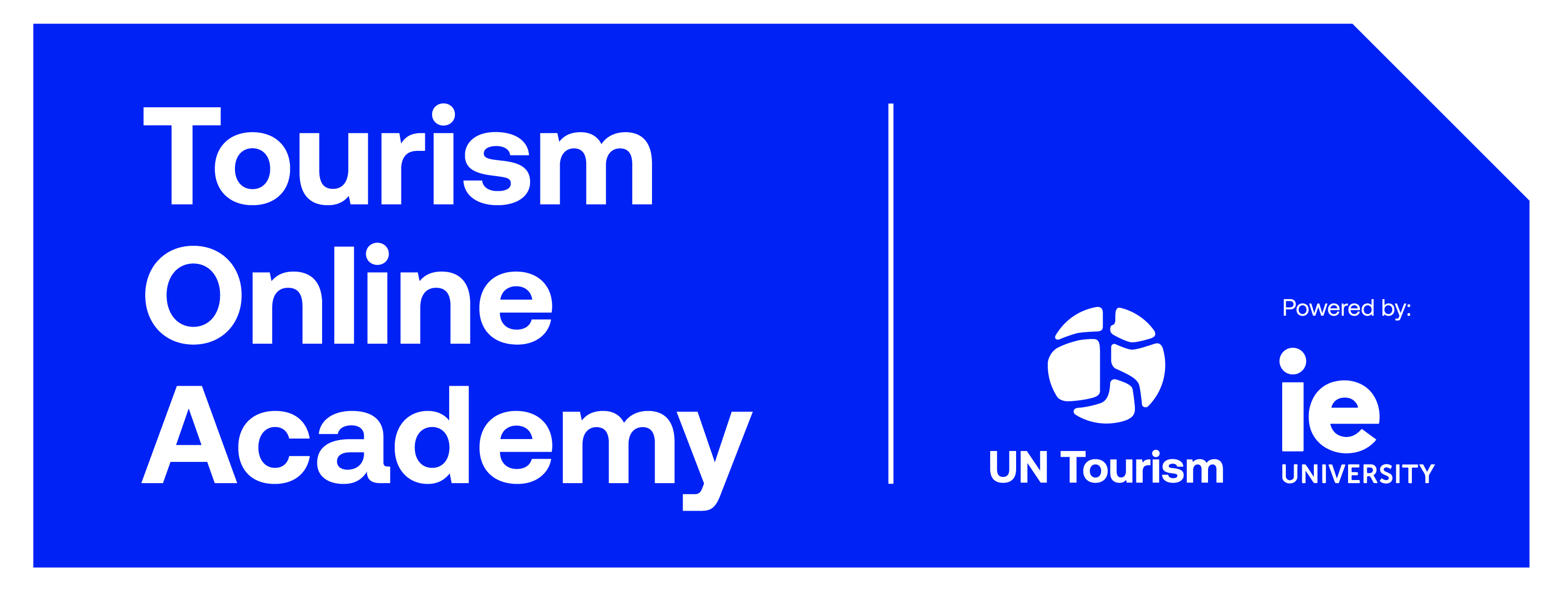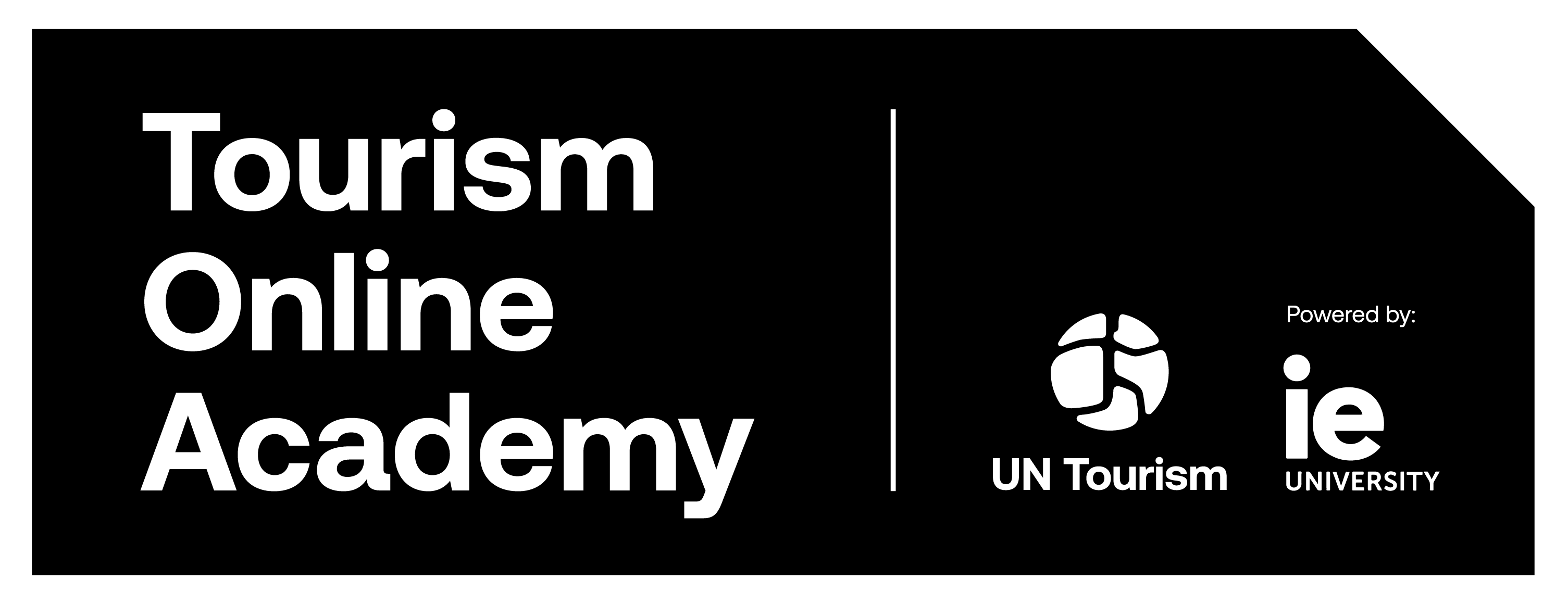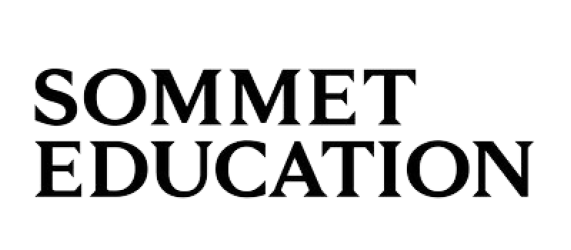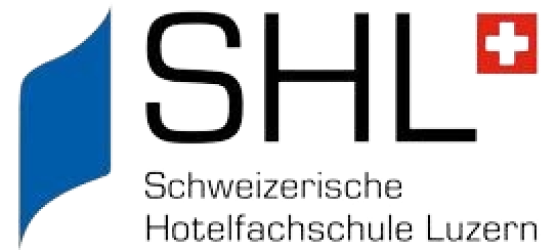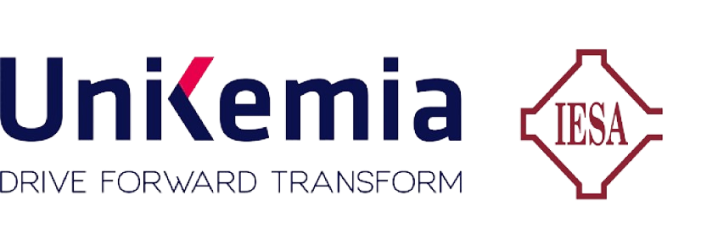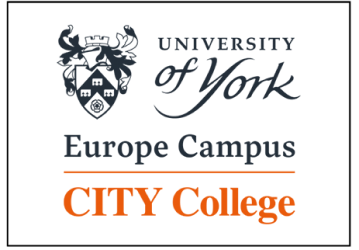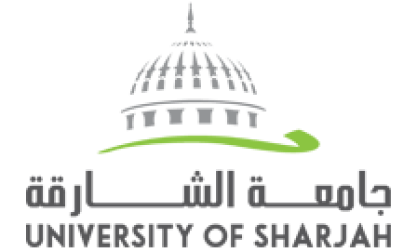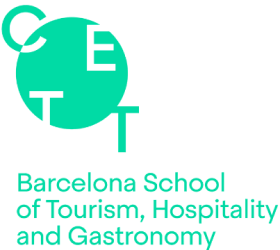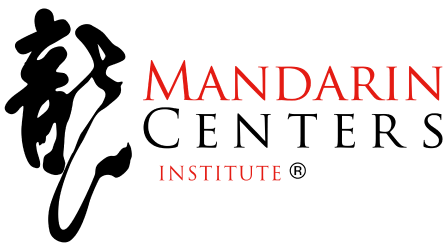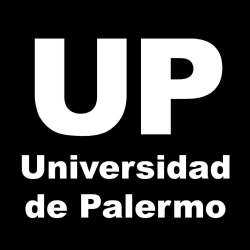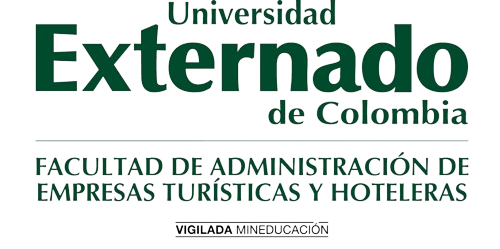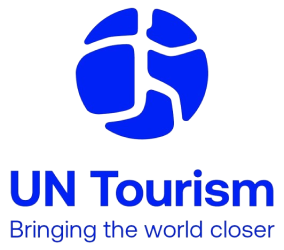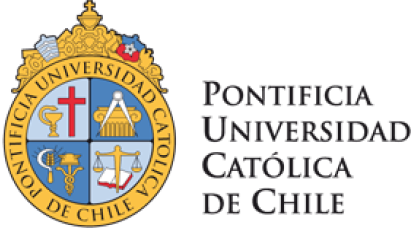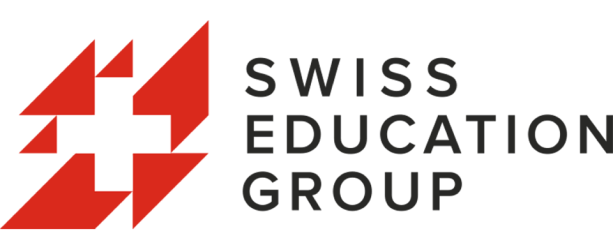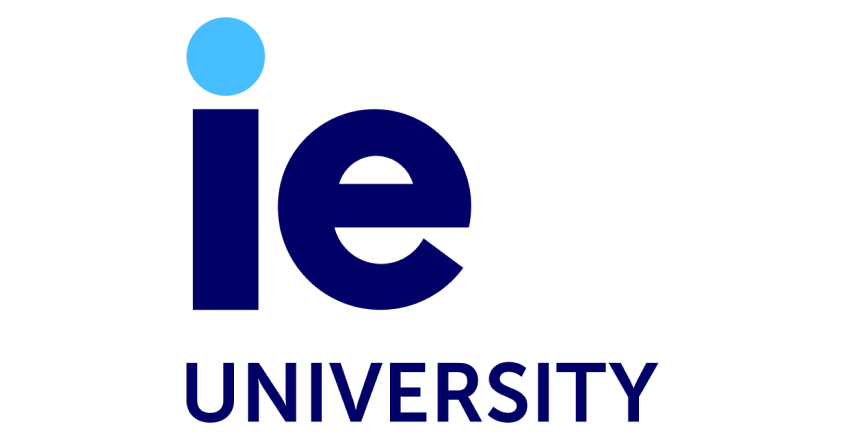Popular Courses
My Courses
Popular Courses
-
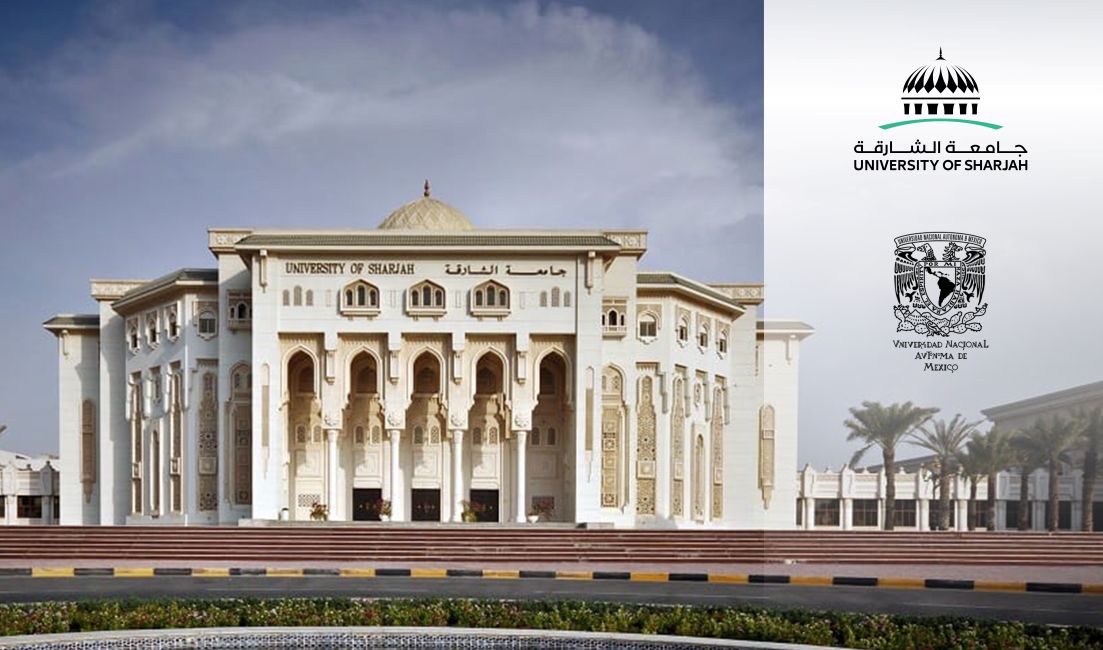
Get Certified: Scientific Heritage and Tourism
Welcome to Scientific Heritage and Tourism, a groundbreaking course designed to explore the powerful relationship between scientific heritage and the tourism industry. Developed through a unique collaboration between the University of Sharjah's College of Communication and the National Autonomous University of Mexico (UNAM), this course invites you to dive into the ways scientific discoveries, historical innovations, and technological milestones contribute to shaping tourism on a global scale. From exploring the preservation of scientific landmarks to understanding the role of education and culture in tourism, this course offers a comprehensive perspective on how the past and present scientific legacies influence the future of travel and cultural exchange. Whether you're passionate about tourism, heritage preservation, or scientific communication, this course will equip you with the knowledge and tools to critically engage with the ever-evolving world of scientific tourism.
-

Scientific Heritage and Tourism
Welcome to Scientific Heritage and Tourism, a groundbreaking course designed to explore the powerful relationship between scientific heritage and the tourism industry. Developed through a unique collaboration between the University of Sharjah's College of Communication and the National Autonomous University of Mexico (UNAM), this course invites you to dive into the ways scientific discoveries, historical innovations, and technological milestones contribute to shaping tourism on a global scale. From exploring the preservation of scientific landmarks to understanding the role of education and culture in tourism, this course offers a comprehensive perspective on how the past and present scientific legacies influence the future of travel and cultural exchange. Whether you're passionate about tourism, heritage preservation, or scientific communication, this course will equip you with the knowledge and tools to critically engage with the ever-evolving world of scientific tourism.
-

Get Certified: AI-Powered Digital Nudging for Responsible Tourism
This MOOC (Massive Open Online Course) is designed to equip tourism researchers and practitioners, AI and chatbot developers, as well as policymakers with the ability to design chatbots that deliver digital nudges, addressing behavioral biases, and promoting responsible tourism practices.
-

AI-Powered Digital Nudging for Responsible Tourism
This MOOC (Massive Open Online Course) is designed to equip tourism researchers and practitioners, AI and chatbot developers, as well as policymakers with the ability to design chatbots that deliver digital nudges, addressing behavioral biases, and promoting responsible tourism practices.
-

Business Event Management: Navigating the World of Corporate and Social Gatherings
Explore key strategies for successful corporate and social event planning and execution with our in-depth business event management course.
-

Innovation and Digital Transformation in the Tourism Industry
Explore digital transformation in tourism as you learn to implement effective strategies, embrace innovation, and elevate customer engagement and operational excellence.
-

Destination Marketing
Develop robust marketing strategies for tourism destinations, focusing on market analysis, competitive positioning, and successful campaign implementation.
-
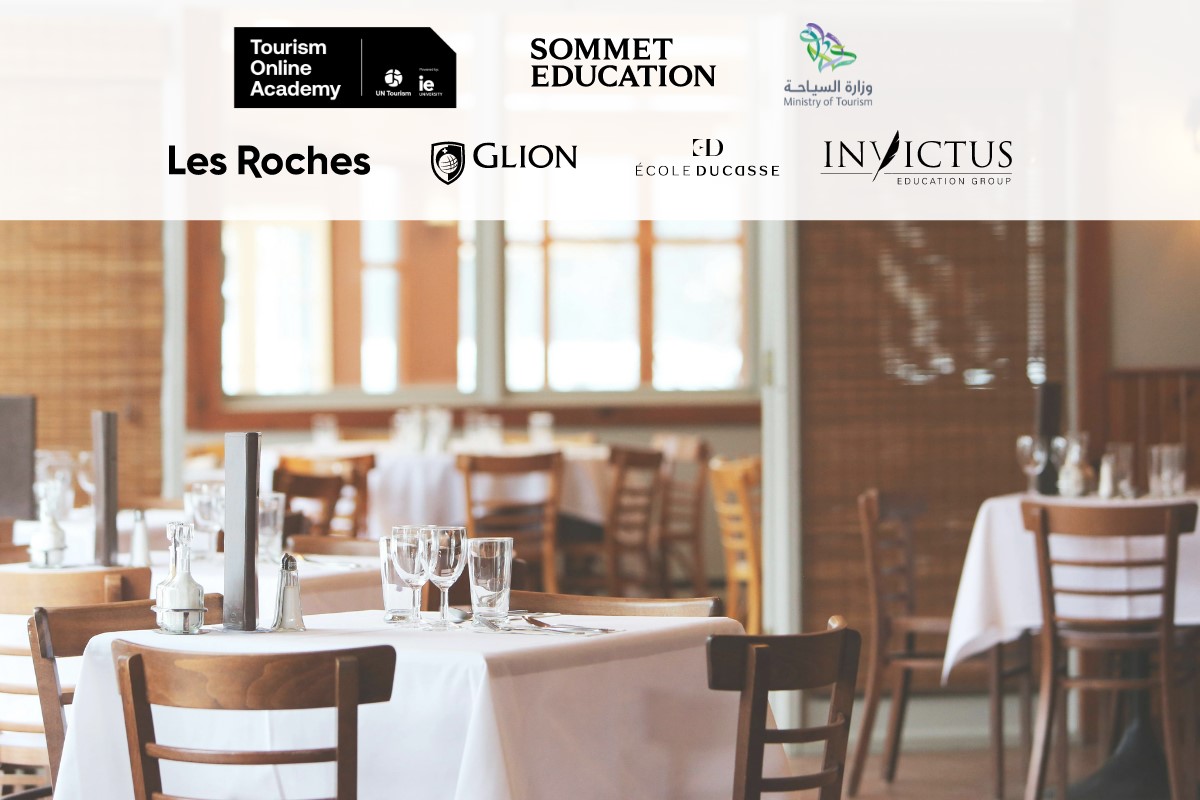
Restaurant Operations
Elevate your restaurant management skills with this online course, exploring food safety, service types, menu development, and effective inventory management.
-
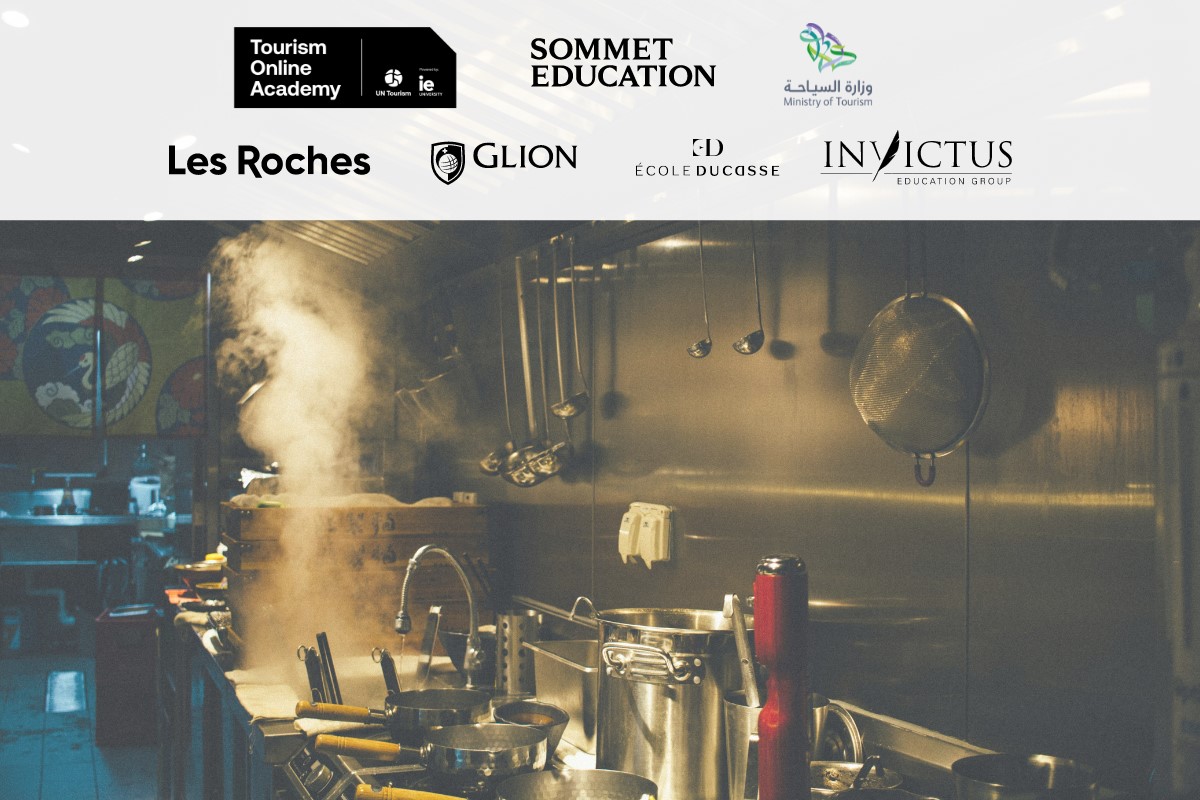
Culinary Arts and Gastronomy
Explore the link between tourism and gastronomy, the role of food in culture and sustainable alignment with the 2030 Agenda.
-
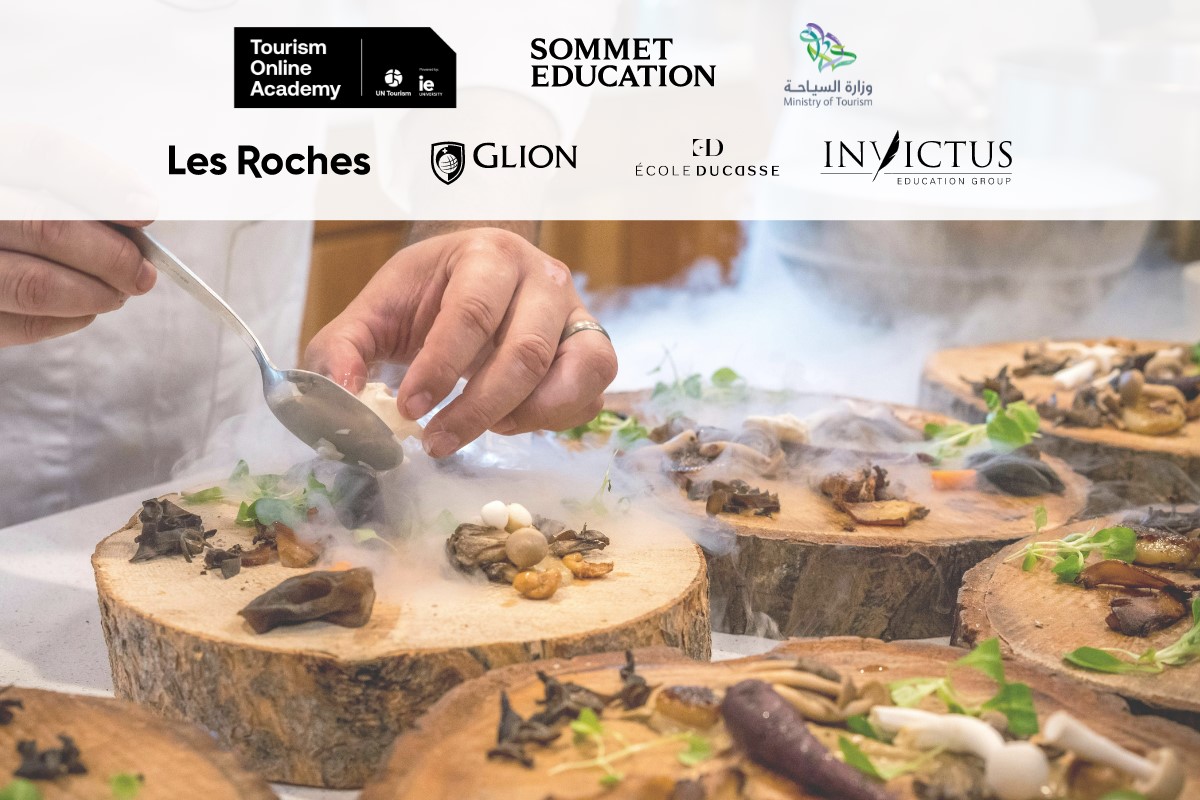
Culinary Basics for Operations, Catering Management and New Techniques
Master culinary basics, innovative techniques, menu development, and catering management in this comprehensive course for aspiring chefs and culinary enthusiasts.
-
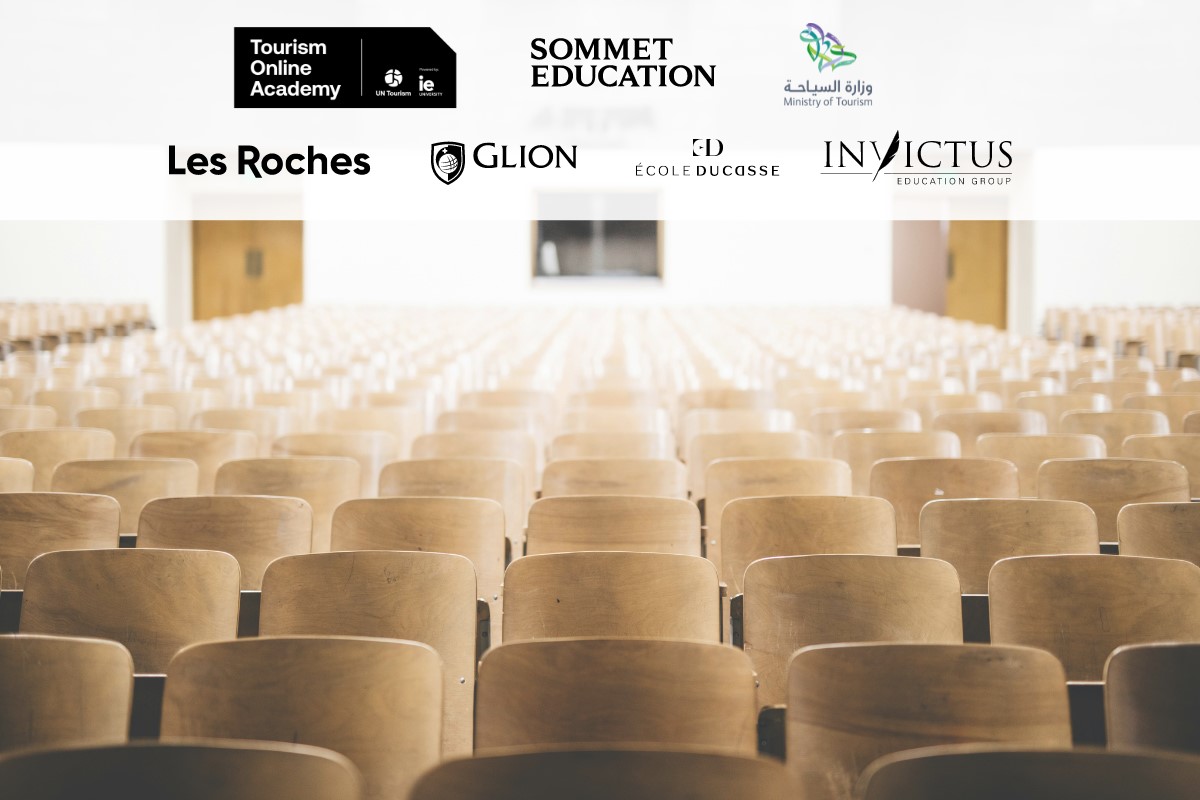
Train the Trainer
Develop professional training skills, enhance communication, and learn to design impactful training sessions in diverse professional settings.
-
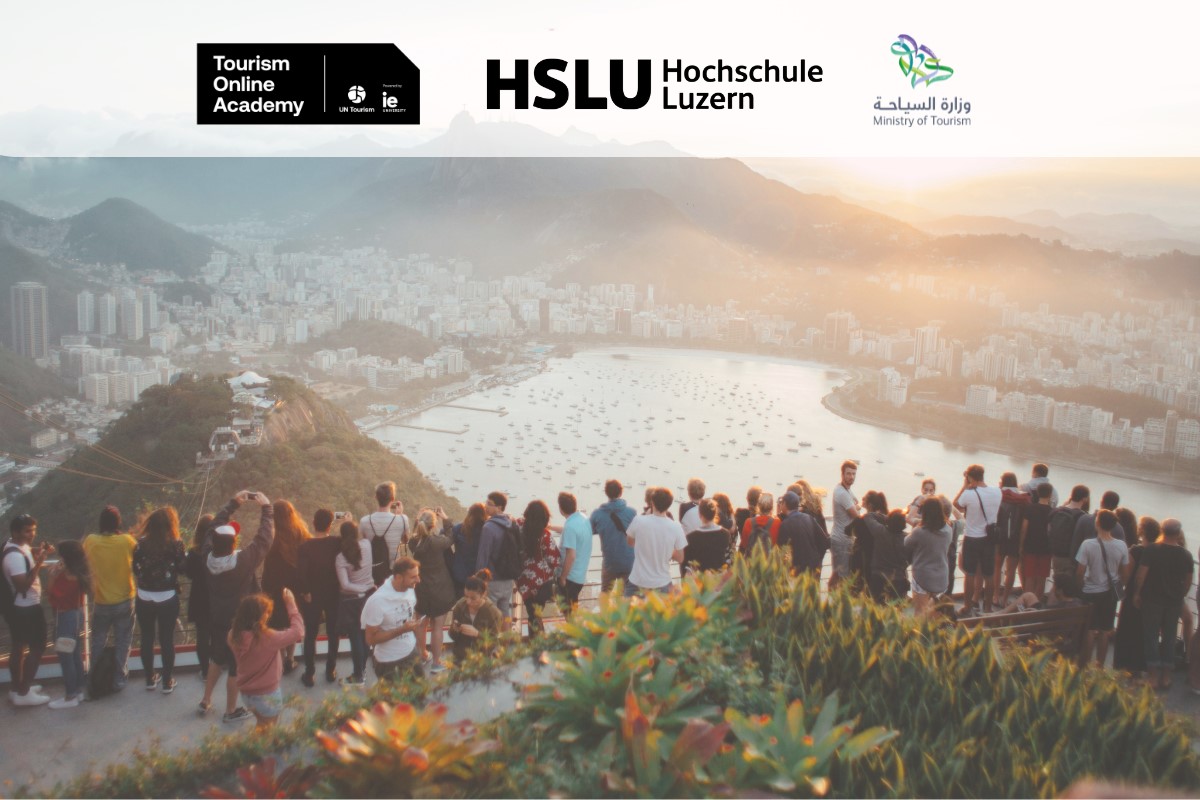
Sustainable Destination Management
Learn what goes into creating destinations that captivate visitors, safeguard the planet, and enrich local communities.
-
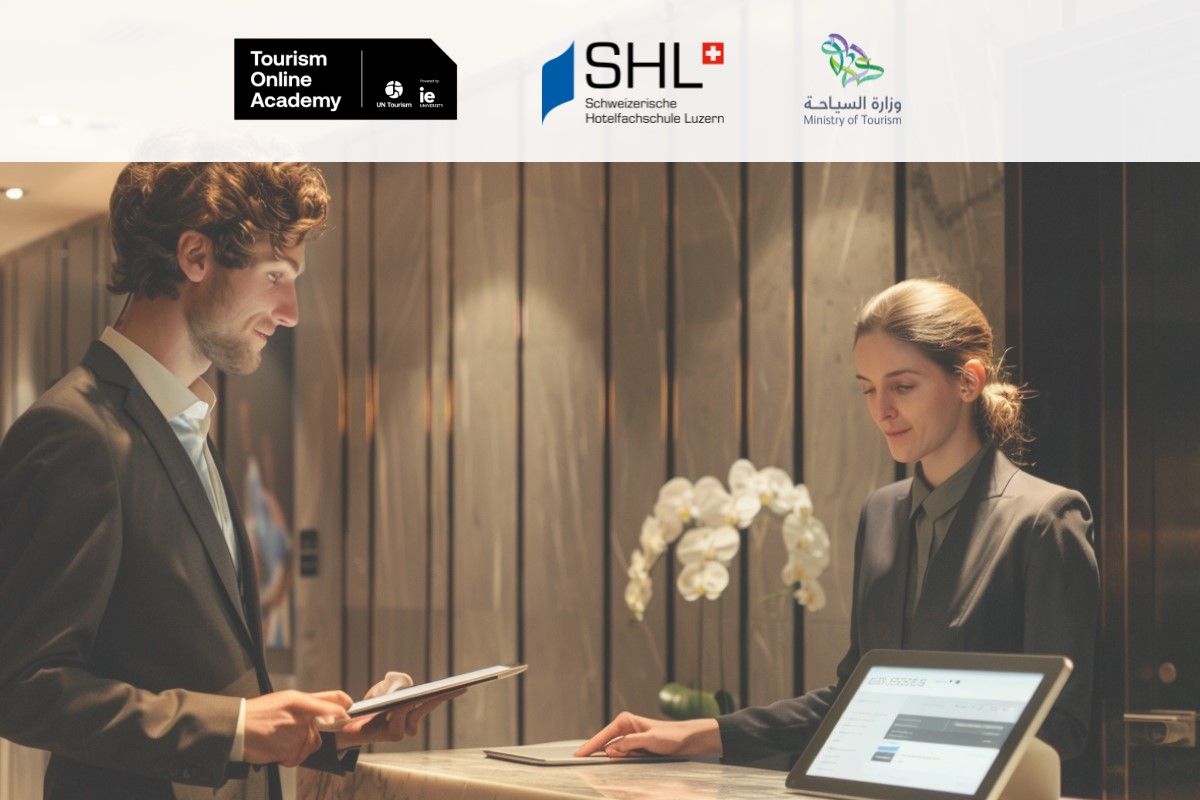
Hotel Operations
Get ready for your career in hospitality with this online course, focusing on operations, guest service, revenue strategies, and more.
-

Service in the Tourism Sector
Master customer service strategies and learn to design a CX map to drive service excellence in the tourism industry.
-

Sales Strategies, Distribution Channel Management, and Online Reputation for Hotels
Gain skills in sales, online distribution, and reputation management to elevate your hotel's performance and customer satisfaction.
-

Kitchen Cuts, Stocks, and Basic Cooking Sofritos / Cooking Cuts, Basic Stocks, and Sauces
Enhance your cooking with foundational skills in knife cuts, stocks, sauces, and sofritos in this 100% online training.
-

Food Safety and Hygiene, Food Handling, HACCP, Types and Cooking Methods
Enhance your culinary skills with in-depth training on food safety, handling, HACCP, and cooking methods, available 100% online.
-
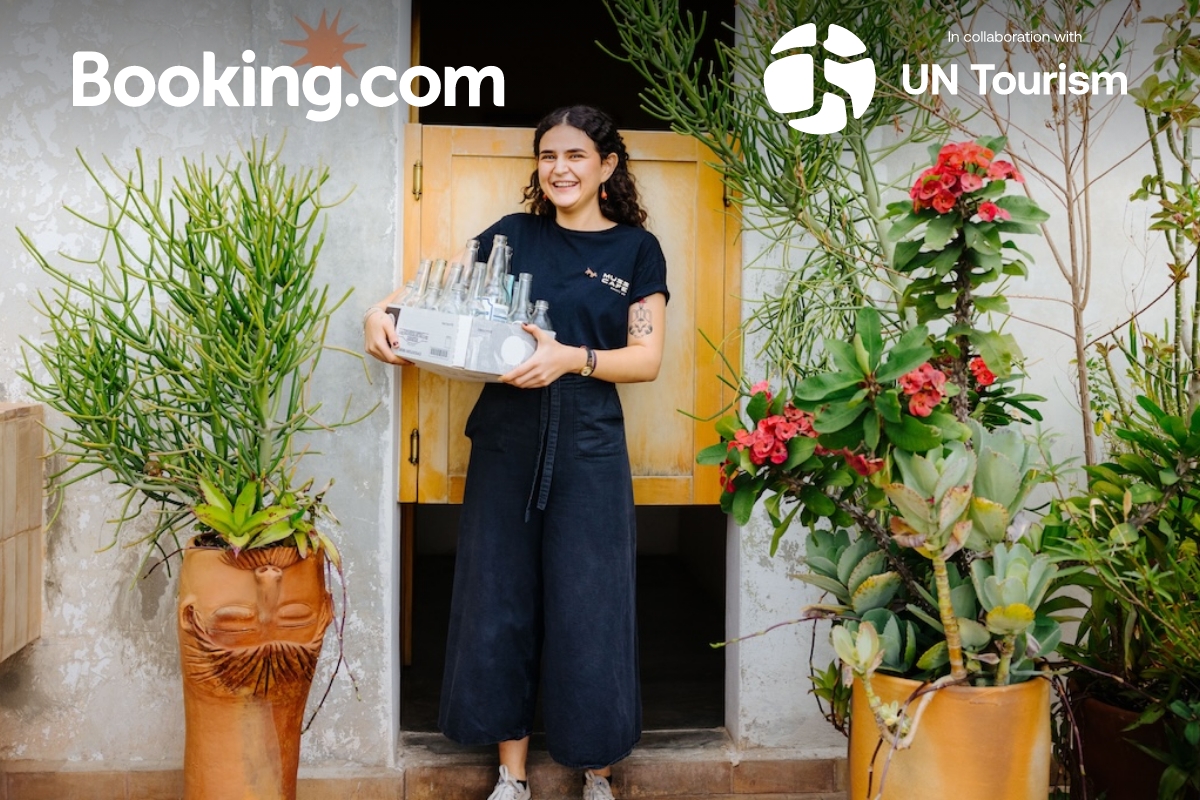
Your journey to more sustainable water management
Explore sustainable water management techniques for the hospitality industry, focusing on practical solutions and best practices to reduce water consumption.
-
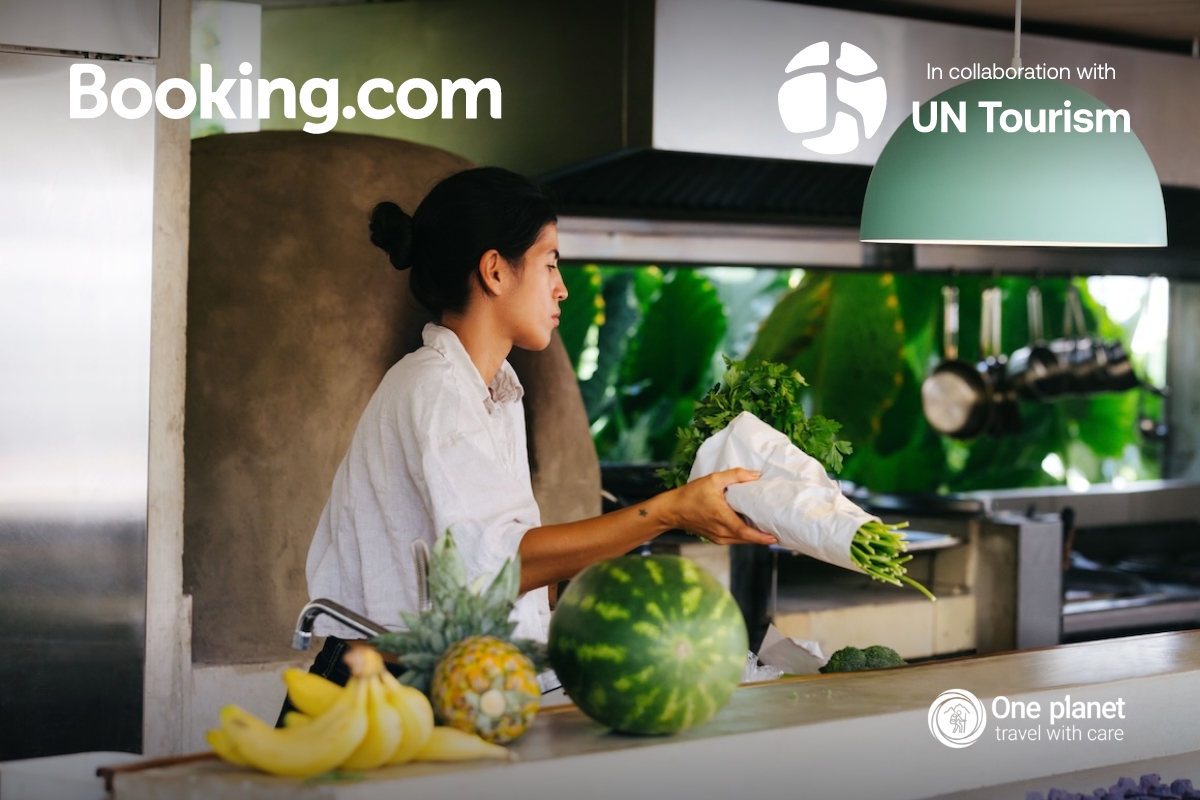
Your journey to more sustainable food management
Explore sustainable food management with this online course tailored for hospitality professionals, offering practical tips and best practices.
-
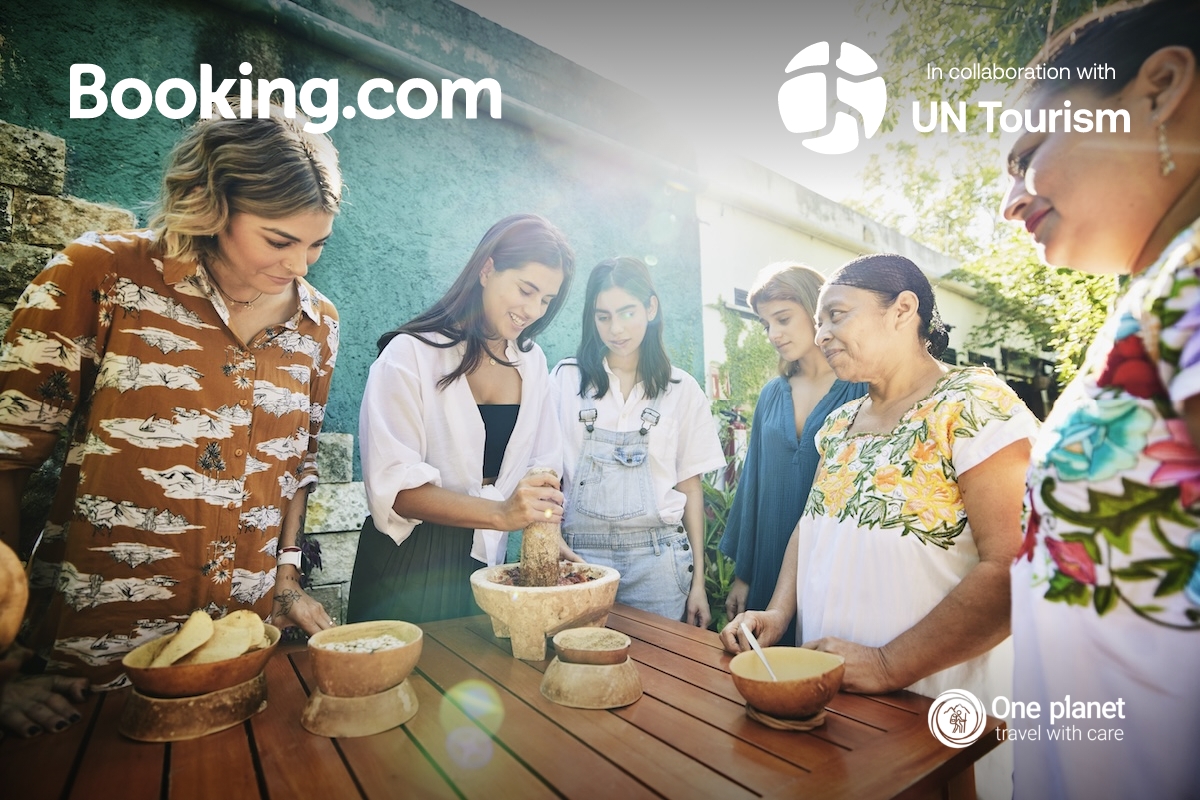
Your journey to more sustainable community engagement
Learn sustainable community engagement for hospitality professionals with practical tips and best practices from experts around the world.
-
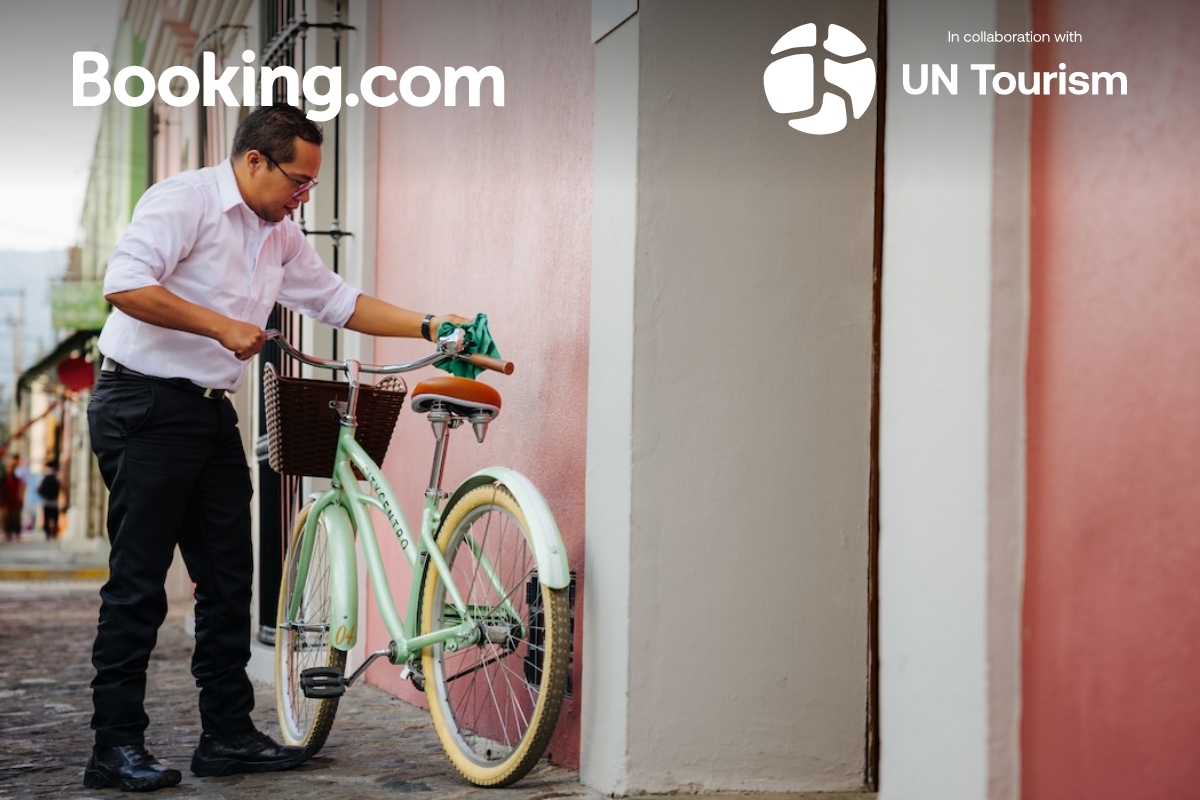
Your journey to more sustainable energy management
Learn sustainable energy management for hospitality professionals with practical tips on reducing energy consumption and tracking emissions.
-

Negotiations in Tourism
Gain a strong foundation in negotiation techniques and skills to effectively handle negotiations and conflicts of interest in the tourism sector.
-

Brief Introduction to Chinese Tourism
Dive into the vibrant world of Chinese tourism with this comprehensive online course tailored for tourism professionals and culture enthusiasts.
-
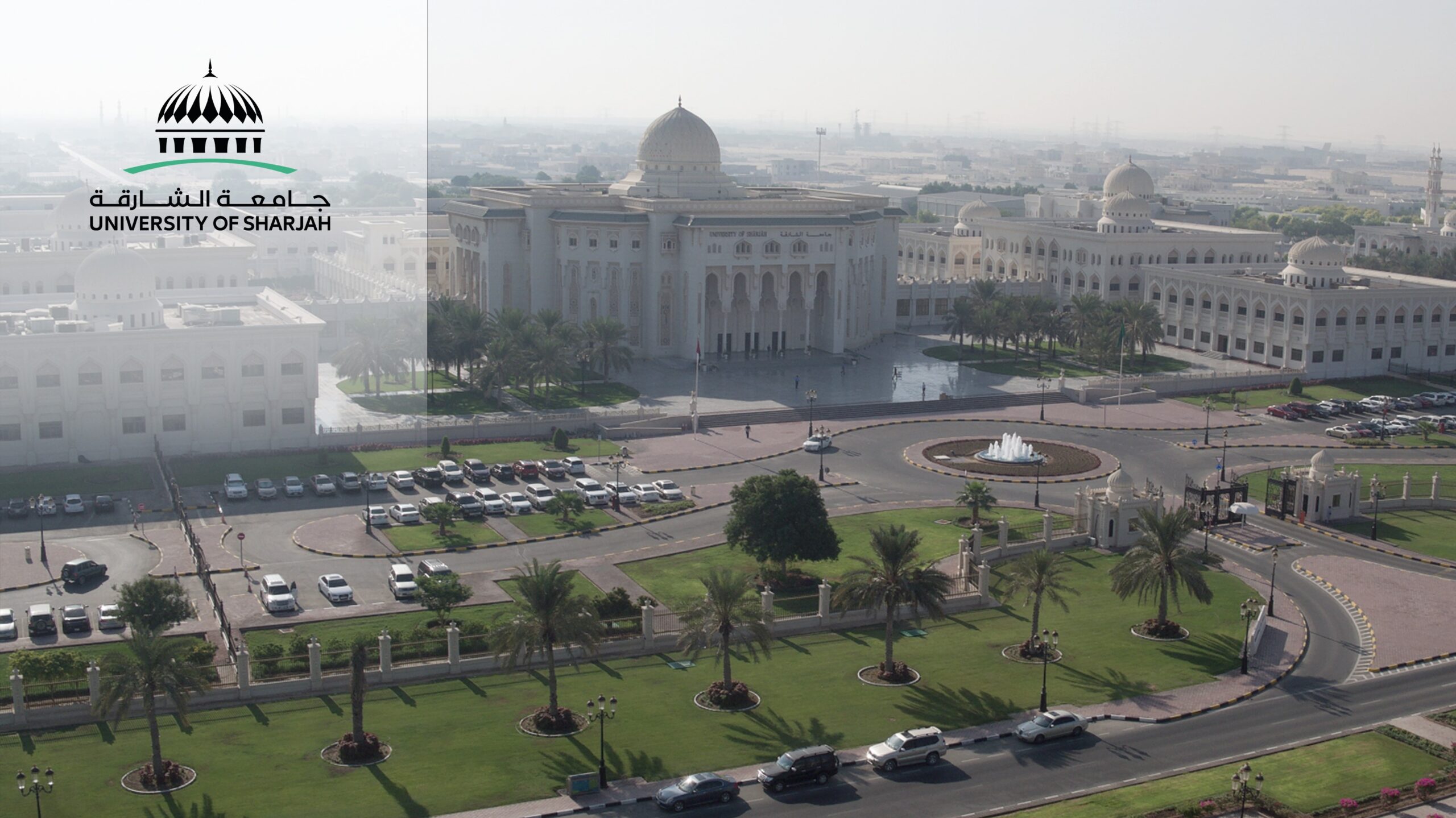
Strategic Communication for Tourism
Gain foundational knowledge in strategic communication for tourism, exploring topics like stakeholder management and branding.
-
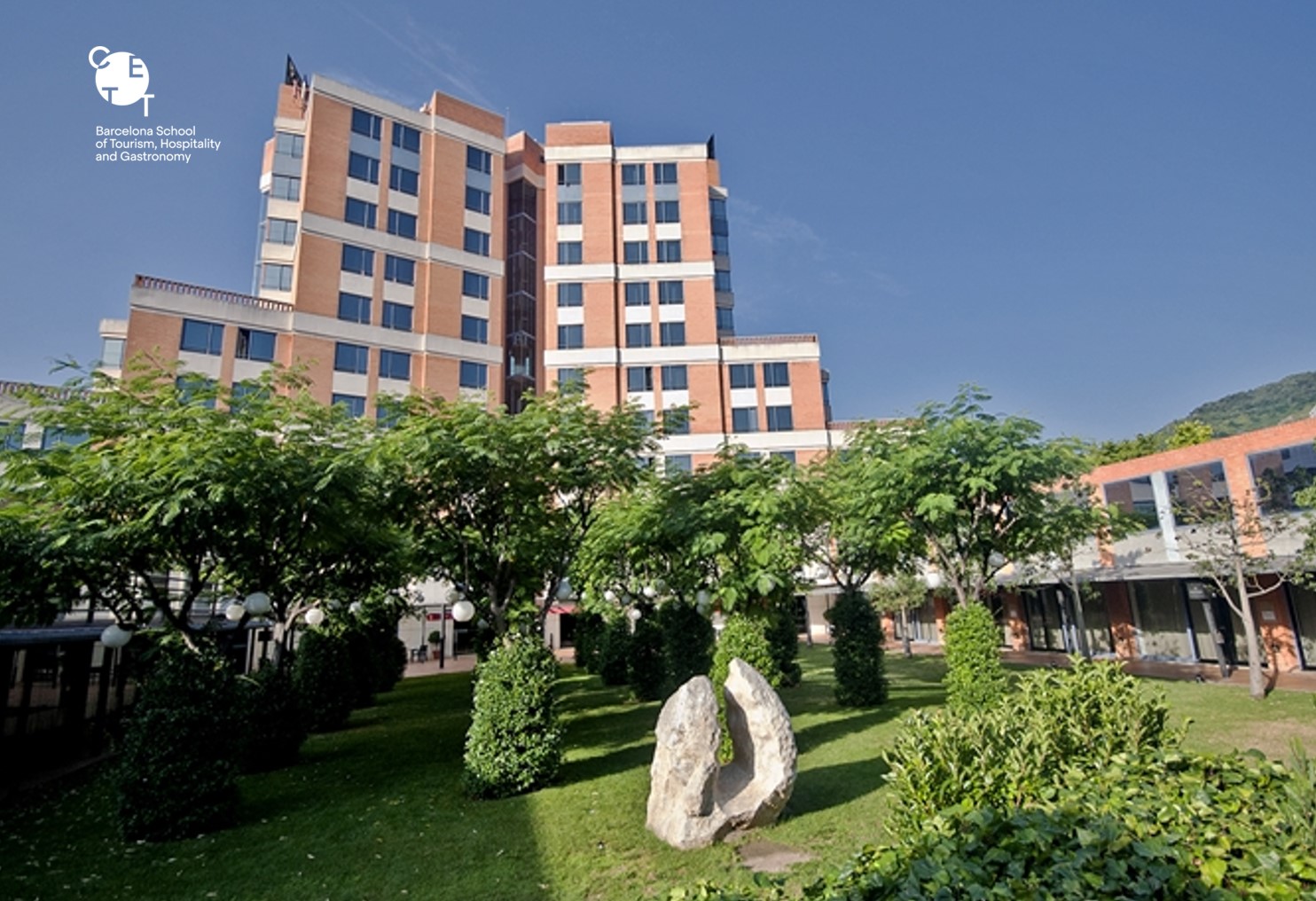
Revenue Management: Origin and Evolution to the Latest Trends
Understand and apply key revenue management strategies to enhance profitability in the dynamic tourism industry.
-

Basic Cooking Techniques
Master essential culinary techniques with this online course, ideal for both professionals and enthusiasts seeking to enhance their kitchen skills.
-
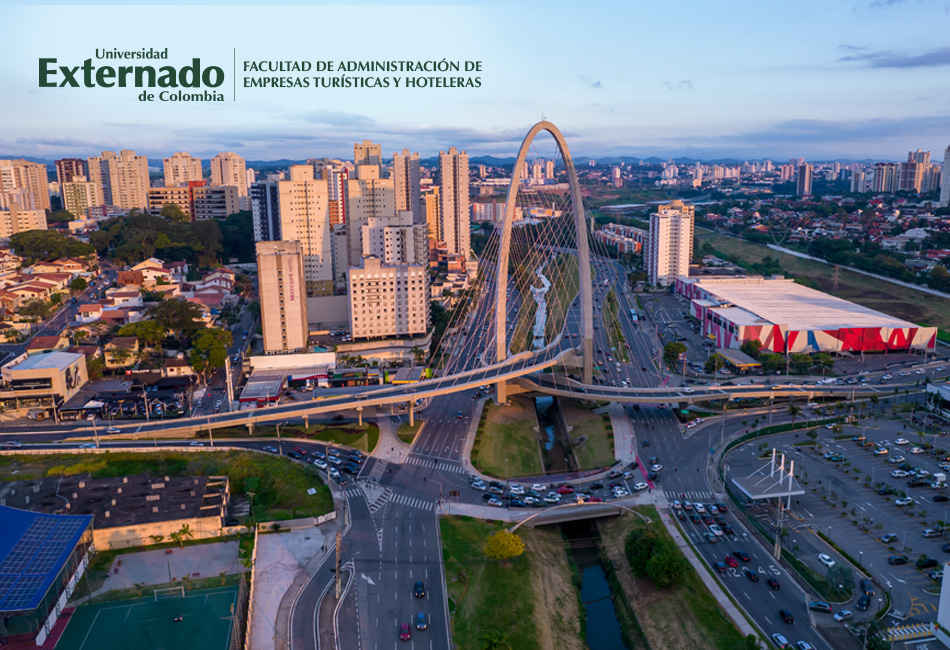
Tourism Innovation
Discover the essentials of tourism innovation with our four-week course, covering legal frameworks, value chains, and business innovation.
-
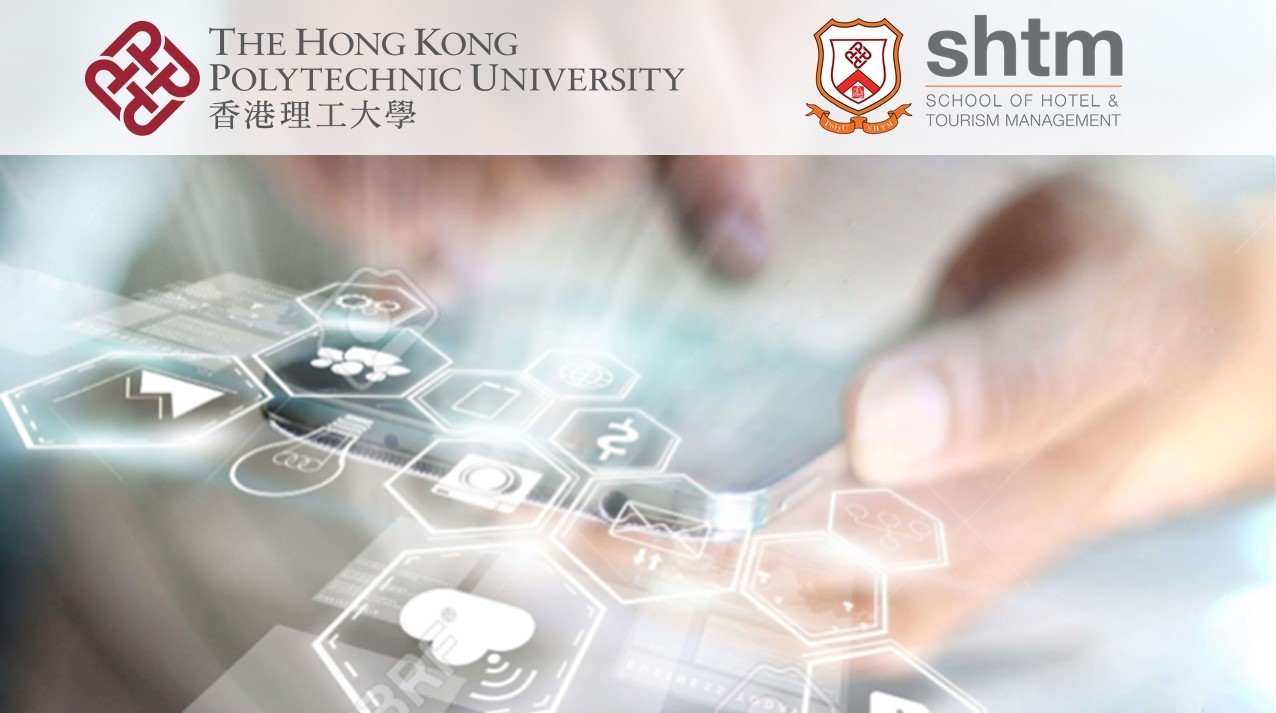
Innovation and Technology Management in Tourism and Hospitality
Dive into digital transformation, business analytics, and digital marketing techniques in the tourism and hospitality industry, gaining an in-depth understanding of ICT infrastructures.
-
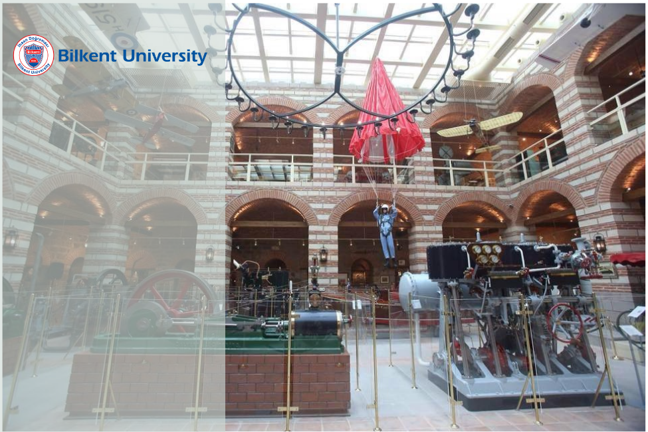
Marketing Museums and Visitor Attractions
Learn introductory concepts and grow your knowledge of marketing principles and strategies for museums and visitor attractions.
-
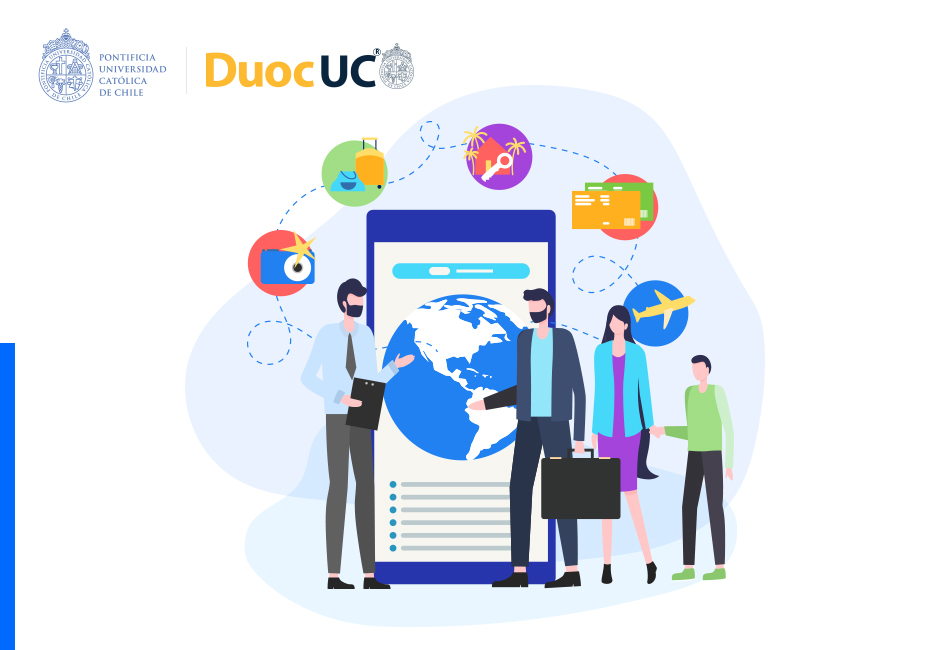
Challenges in the Tourism Industry
Learn to navigate modern tourism challenges and opportunities through a comprehensive exploration of sustainability, hospitality, and emerging trends.
-
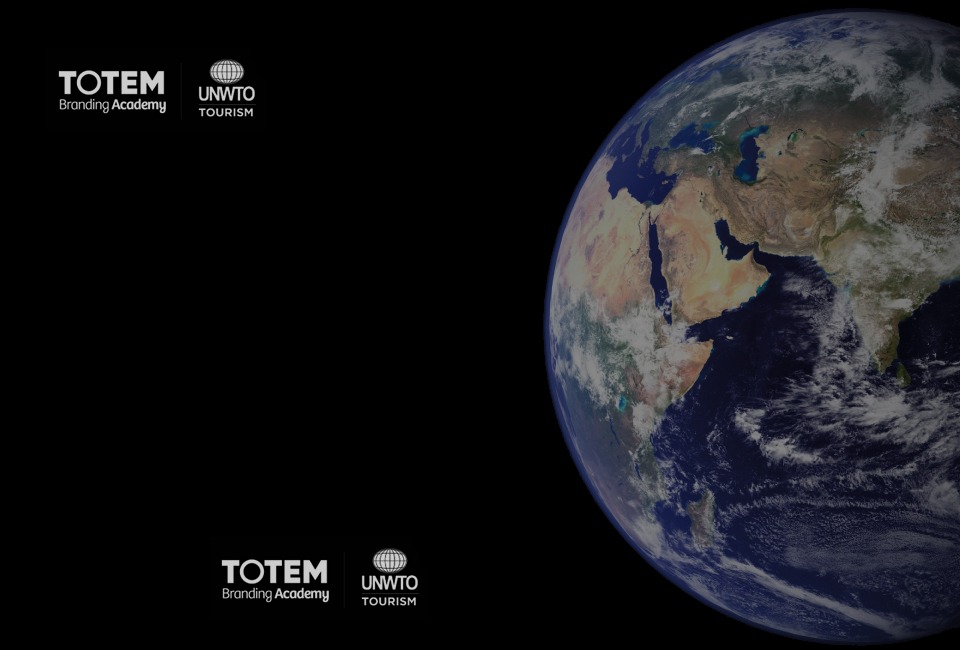
Branding + Innovation: “Brandinnovation”
Transform your tourism brand into a strategic asset, leveraging innovation and sustainability to thrive in a dynamic industry.
-

Customer Experience Design: Differentiation Strategies for Brand Positioning
Master customer experience design to differentiate your brand and drive engagement in this online course.
-

Artificial Intelligence (AI) in Hospitality: Challenges and Business Opportunities
Discover how AI can transform hospitality by improving operations, enhancing customer satisfaction, and optimizing costs.
-

Mastering Wine Tasting
Learn the essentials of wine tasting, wine storage and serving, reading a wine label, and other key skills in this online course.
-

How to Become a Restaurateur
Learn essential skills for opening your own restaurant as you explore key areas of brand concept, menus, and finance.
-

INTRODUCTION TO INTERNATIONAL TOURISM AND TRAVEL LAW
Discover legal frameworks and policies shaping global tourism and learn to navigate today's demanding, digital-driven travel industry.
-

Introduction to Tourism – Industry Management
Learn the essentials of tourism management with this self-paced online course, exploring strategy, finance, digital marketing, and innovation.
-
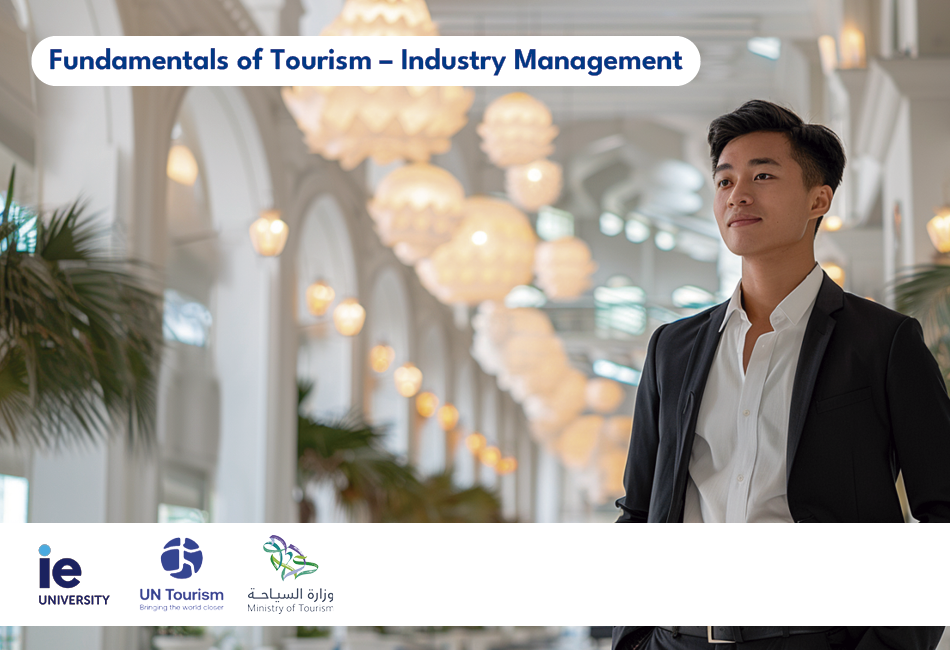
Fundamentals of Tourism – Industry Management
Explore strategy, finance, digital marketing, and operations management to gain a deeper understanding of modern tourism management, learning to leverage technology and customer data.
